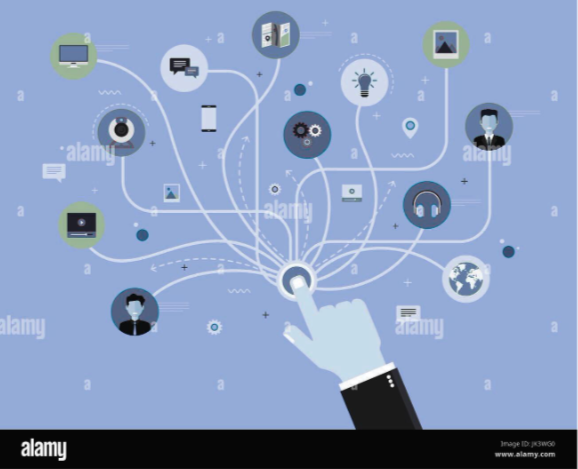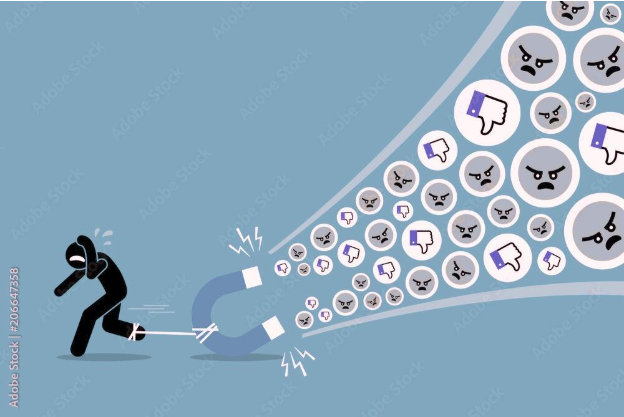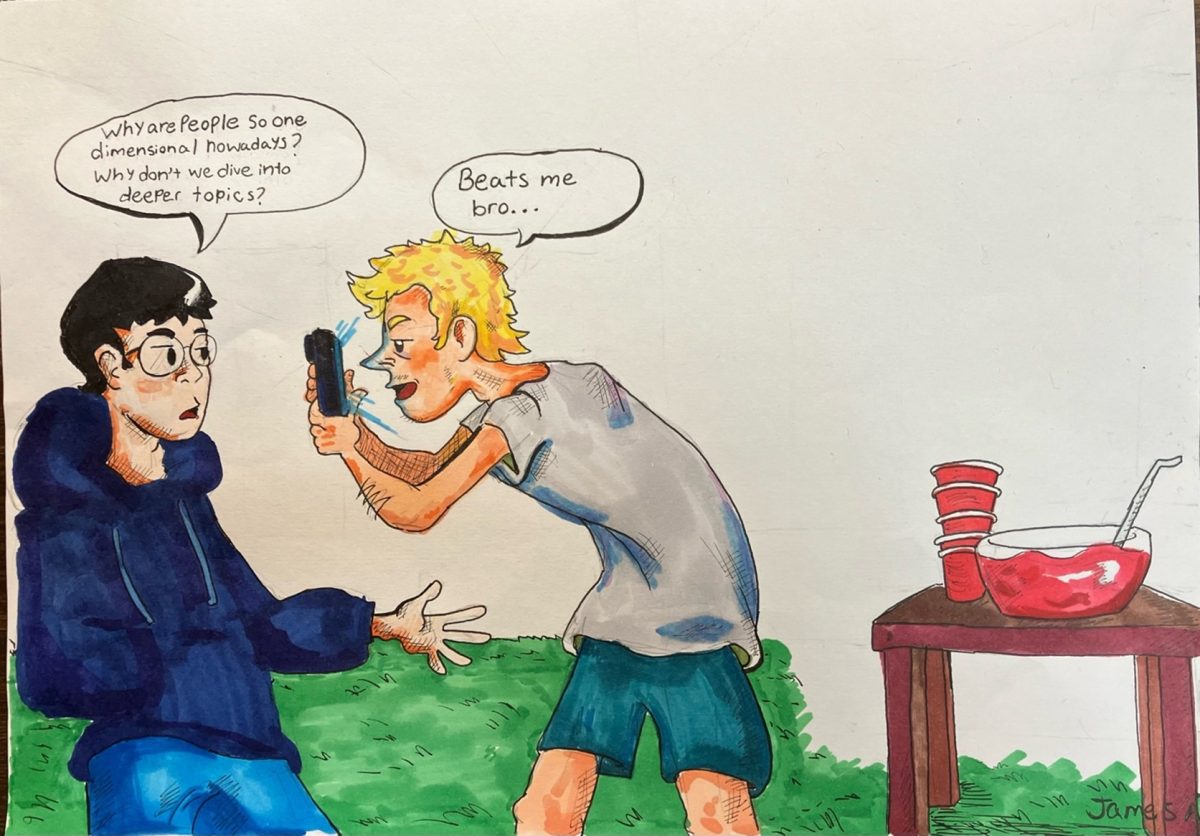Social media has been a threat to teenagers’ mental health. The ADL reports that 51% of teens have experienced harassment on social media in the past 12 months. This causes depression rates to skyrocket and stress to be placed on the teenager.
There was a study done on American teenagers from ages 12-15. If teenagers use social media for over three hours a day, they are twice as likely to have more depression and anxiety. This can cause suicidal thoughts, which is a serious issue.
If adolescents search for mental health issues, it puts them in their feed. This can cause their feed to be filled with this type of content, which can influence their beliefs. It also asserts them that these thoughts are normal even if not so.
In 2021, more than 40% percent of high schoolers reported symptoms of depression and suicidal thoughts. LGBTQ+ youth reported higher rates of poor mental health due to social media’s influence.
Due to social media’s high standards, body image issues are more common. This occurs more in females whose confidence lowers when they see someone who they believe looks better than them. Even if these standards are unattainable, it can cause body dysmorphia and eating disorders such as anorexia and bulimia.
Cyberbullying also occurs on these electronic platforms. Hate comments attack adolescents’ race, sexual orientation, political views, gender, and nationality. Those sharp words can lead to depression and suicidal thoughts around the world. As a result, one teenager dies from suicide every week in the Netherlands.
However, there are benefits to social media usage. It brings young people together with common interests. This can help them find people who share a common identity. That means they will be more likely to make friends and find themselves.
57% of adolescents have met a new friend online. This is a good way to have a support system when in need. They can be more connected to people the same age as them, therefore lessening levels of loneliness.

It decreases social anxiety, which makes for healthy socialization. Adolescents will be more comfortable and likely to communicate in the real world. This is from chatting with people online their age. So, it can help give them better opportunities and have more friends. This decreases loneliness for teenagers.
This assists adolescents to communicate with support groups. This can lower their stress levels and help them become more comfortable. For example, LGBTQ+ youth can find a support group to discuss things they’re reluctant to talk to their parents about. Teenagers are able to get the help they need easily through these electronic apps.
Young people learn who they are online. They have access to new information, current events, and find new interests. Adolescents are able to have a space where their voice can be heard. This benefits them in the future.
It can help teenagers learn since they have access to educational sources. This can help them learn about certain topics that they’re interested in with the tap of their finger. Some sources even encourage them to be creative. They can write blogs, sell crafts on Etsy, and even make music videos on TikTok.
“I believe social media has a positive impact on teenagers’ mental health and helps them express themselves,” Sophomore Evan Johnson said. “I do use social media, and I believe it helps with my mental and just keeps me up with stuff.” He believes social media benefits adolescents’ mental health.
“Social media has a big impact on the mental health of the teenage minds. Social media gives the viewers a lot of information and comparisons,” Junior Emily Frezell said. “This is destructive because more teenagers, who are already very impressionable, will want what is totally unreasonable.” She believes social media has a negative impact on young people’s lives.
“It makes teenagers more conscious and knowledgeable about the rest of the world and life outside of school, but it can also make teenagers more self-conscious and anxious about themselves,” Freshman Rylen Williams said. Therefore, she asserts people that both positive and negative effects can happen.
Everyone has different opinions about social media. However, everyone—no matter your age—can agree on the same thing, social media influences teenagers’ mental health.








